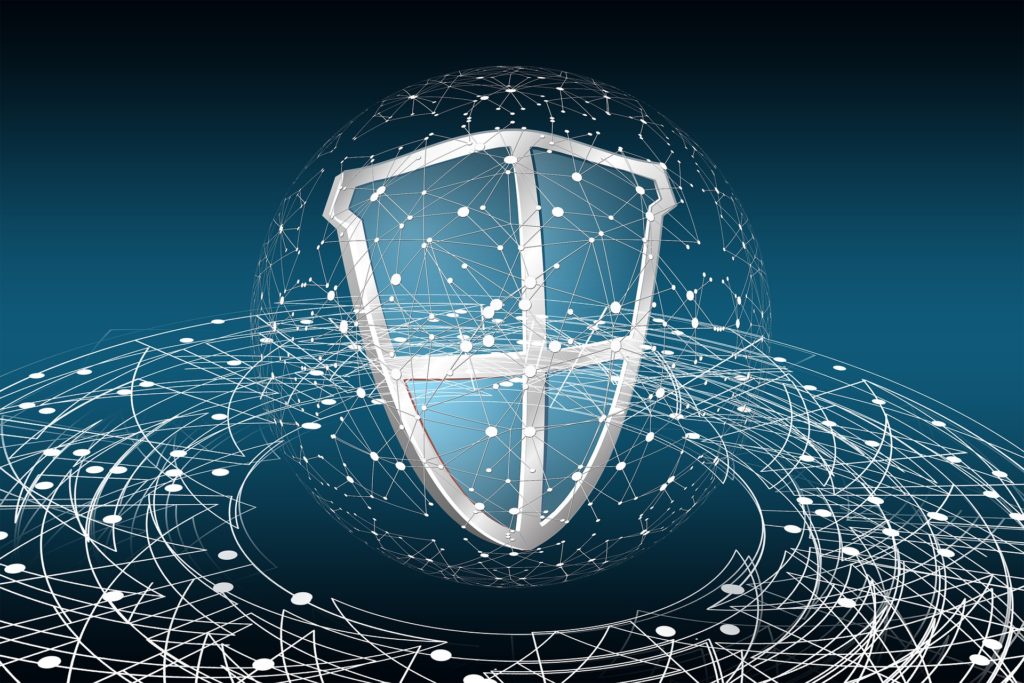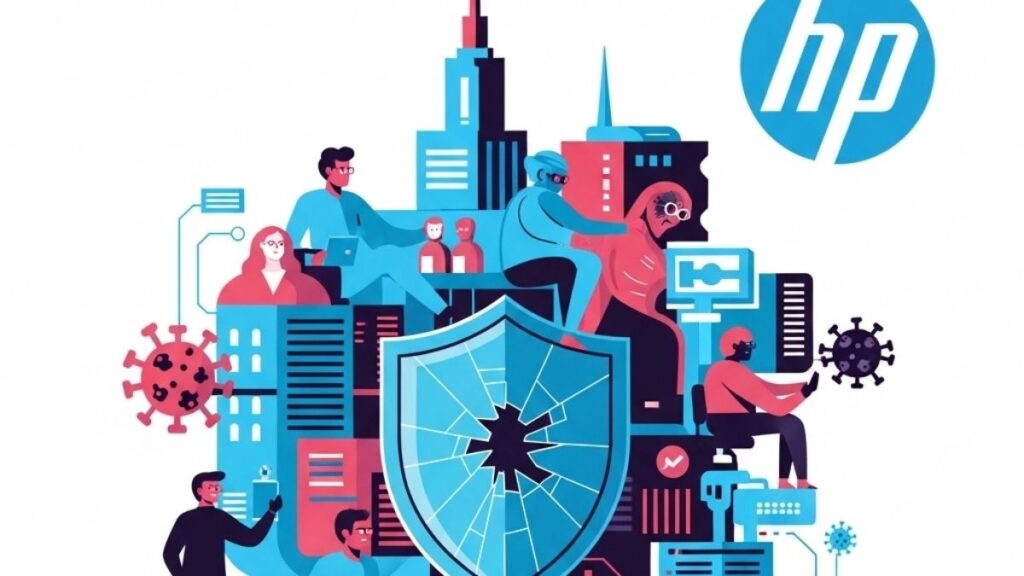Storing your company data in the cloud is so convenient. It’s easy for everyone to access, and you don’t have to run servers. But it comes with cybersecurity risks, too.
Cloud providers do their best to keep their services secure, but data breaches happen. And unless you’re using a private cloud, your cloud could be at risk if hackers target another company that uses the same service. Not to mention, small businesses are increasingly at risk of cyberattacks. You need to make sure you’re taking cloud security seriously, so you can protect your company’s sensitive data and maintain the ease of collaboration that the cloud can bring.
Lock Down Logins
It’s surprisingly easy for hackers to get your employees’ login credentials. Phishing and social engineering attacks are getting more sophisticated, and it only takes a momentary lapse in judgment for one of your employees to fall victim to such a scam. Password-cracking applications make it fairly simple for hackers to crack passwords.
Your employees need to use multi-factor authentication (MFA) for additional cloud security. MFA makes it a little harder for hackers to crack an account because it adds another layer of verification to the process. For example, in addition to entering a username and password, employees might need to enter a random code generated by a fob or tap an alert on their smartphone, in order to access their accounts. Since the hacker won’t have access to the fob or cell phone, he or she won’t be able to access the system.
Keep Sensitive Data Off the Cloud
It’s best not to put any data on the cloud that you can’t risk having leaked at some point. Keep your most sensitive data off the cloud. Customer personally identifiable information (PII), employee PII, and credit card information should all be stored off the cloud. If it’s not in the cloud, a hacker can’t find it in the cloud.
Secure All Devices
Every device that accesses your company’s cloud storage should have firewall protection to stop malicious files from being downloaded. They should all have virtual private network (VPN) connections, and employees should use those VPNs to hide their online activity from anyone who might be watching using sniffer apps. VPNs create a private network inside a public network so that the user’s web traffic remains encrypted.
Encrypt Data
Data should be encrypted on the cloud storage, too. That way, users will essentially need to put in another password to decrypt their data before using it, but it will create another layer of security for your information. Even if a hacker does gain access to your cloud storage, he or she won’t be able to read any of it if it’s encrypted.
Conduct Regular Cloud Security Audits
You absolutely can’t know the state of your cloud security without running regular security audits. An audit should reveal current weaknesses in your security, including any current security breaches. Regular audits can reveal any issues and give you the chance to fix them before a data breach occurs.
Mitigate Insider Threats
Insider threats can come from unhappy employees who decide to compromise company security on purpose, but they’re even more likely to come from people who don’t know what they’re doing due to ignorance or inexperience. Take the time to make sure every employee is versed in digital and cloud security. Give regular security training to refresh everyone’s memory. Make cloud storage apps, VPNs, and other security tools as user-friendly as possible so that people use them properly. Ensure that employees have the experience they need to do cloud security right.
Backup Your Cloud Data
You can’t rely on cloud storage to be there for you all the time. The truth is that sometimes these services go down, whether due to a data breach event or for some other reason. You need to keep your cloud data backed up elsewhere so you don’t lose access to it when you can’t access the cloud. Take advantage of recovery options that allow you to recover your data via a restore point. If the system crashes or someone accidentally deletes an important file, you’ll still have another copy, and business can continue as usual.
Using the cloud can make it so much easier to work together and keep important business information where everyone can access it. Make sure you’re following the basics of cloud security when using these services, so your small business doesn’t make a costly security mistake.
- Future-Proof Your Compliance: What to Look for in 2025 - July 11, 2025
- How WordPress Is Evolving into an Enterprise Platform - July 11, 2025
- Advanced Tech Solutions For Managing Work Availability - April 14, 2025



